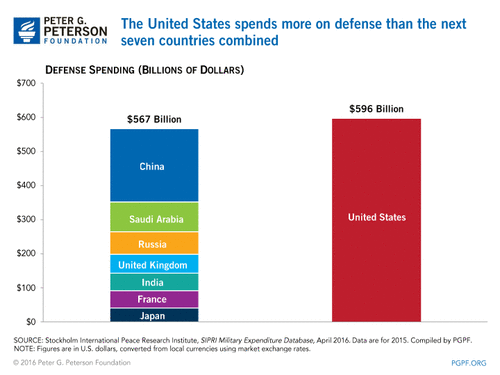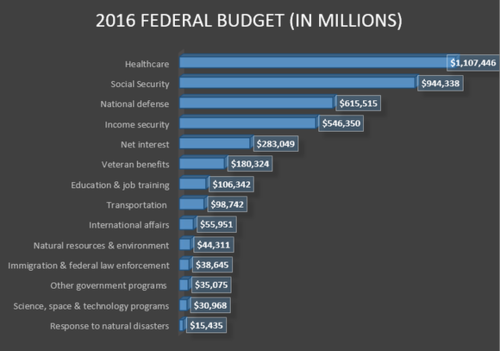I find myself being conflicted between taking a stand on fiscal responsibility and budget for groups that manage our natural resources and public lands and I'm sure I must not be alone.
I cannot get behind the attacks against cutting budgets and what I feel are blindly liberal agendas. I want smaller government but don't feel that has to means selling off public lands or allowing our parks and public lands to be decimated by bad policy. We still need to manage and take care of our lands so where do we draw that line?
I cannot get behind the attacks against cutting budgets and what I feel are blindly liberal agendas. I want smaller government but don't feel that has to means selling off public lands or allowing our parks and public lands to be decimated by bad policy. We still need to manage and take care of our lands so where do we draw that line?






